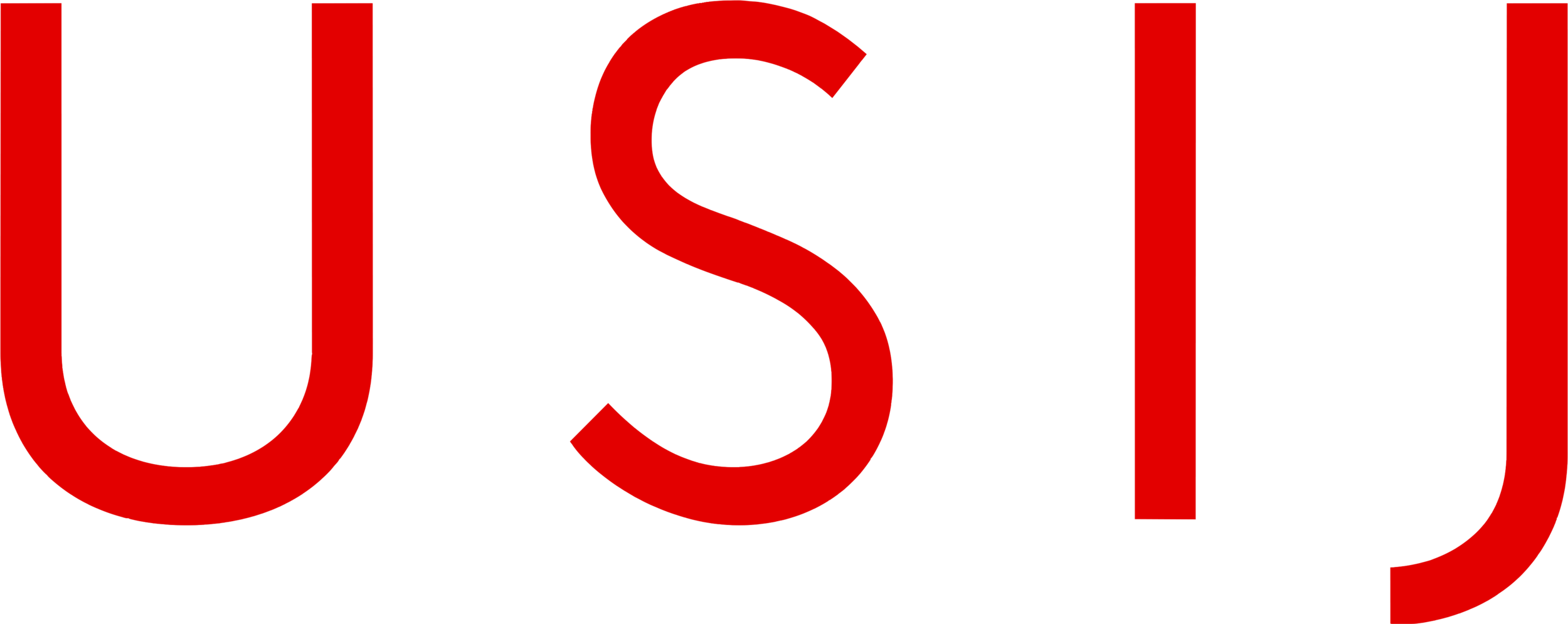How patent troll rhetoric has wrecked the U.S. patent system
There can be little doubt that over the past few years, the U.S. patent system has been rocked by a series of seismic shifts which have either been enacted by Congress or stem from decisions of the U.S. Supreme Court. 2011 saw the enactment of the America Invents Act (AIA), a piece of legislation which created the Patent Trial and Appeal Board (PTAB) and post-grant review proceedings to challenge the validity of any patent, especially those which are being asserted in U.S. district courts. Federal court proceedings have been affected by major court decisions like 2006’s eBay Inc. v. MercExchange, L.L.C., which reduced the ability for patent owners proving infringement to successfully obtain an injunction, and 2014’s Alice Corp. v. CLS Bank International, a decision which has called into question the patent-eligibility of all software subject matter.
These and other challenges to the U.S. success engine were the focus of the second panel at the International IP Commercialization Council’s (IIPCC) May 8th event in the U.S. Capitol. The panel featured a collection of voices from business, legal advisory and even academic entities including Elvir Causevic, managing director of Houlihan Lokey Tech+IP Advisory; Robert Taylor, president of RPT Legal Strategies and a venture advisor for New Enterprise Associates; Damon Matteo, CEO of Fulcrum Strategy; Orin Herskowitz, senior VP of IP and tech transfer at Columbia University and the executive director of Columbia Technology Ventures; and Bill Elkington, chair and president-elect of Licensing Executives Society USA and Canada and senior director of IP management for Rockwell Collins. Moderating the panel was Art Monk, VP of IP transactions for TechInsights.
